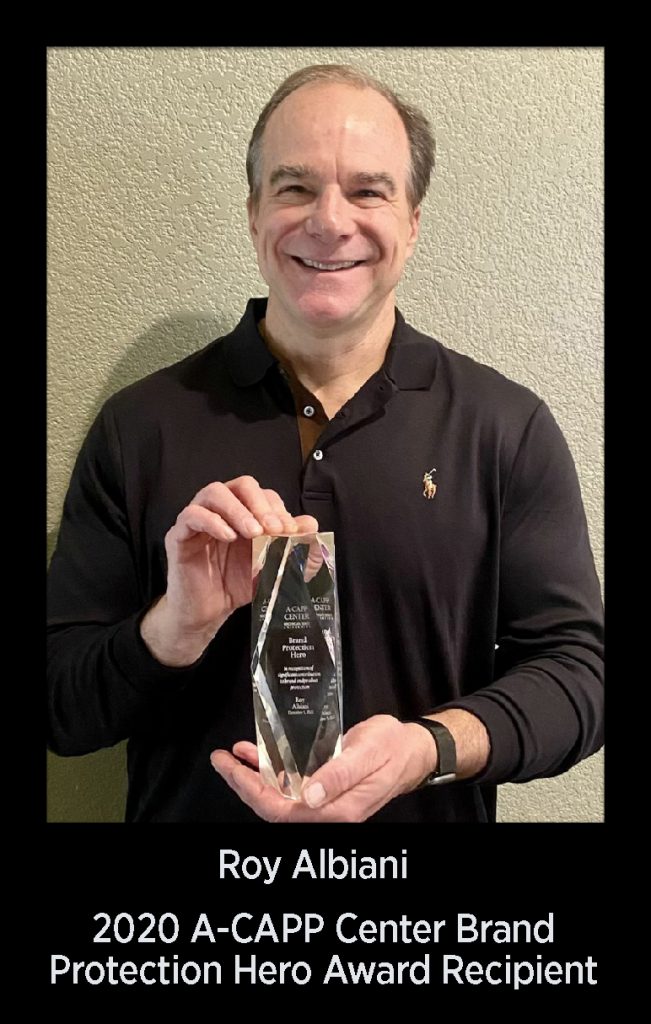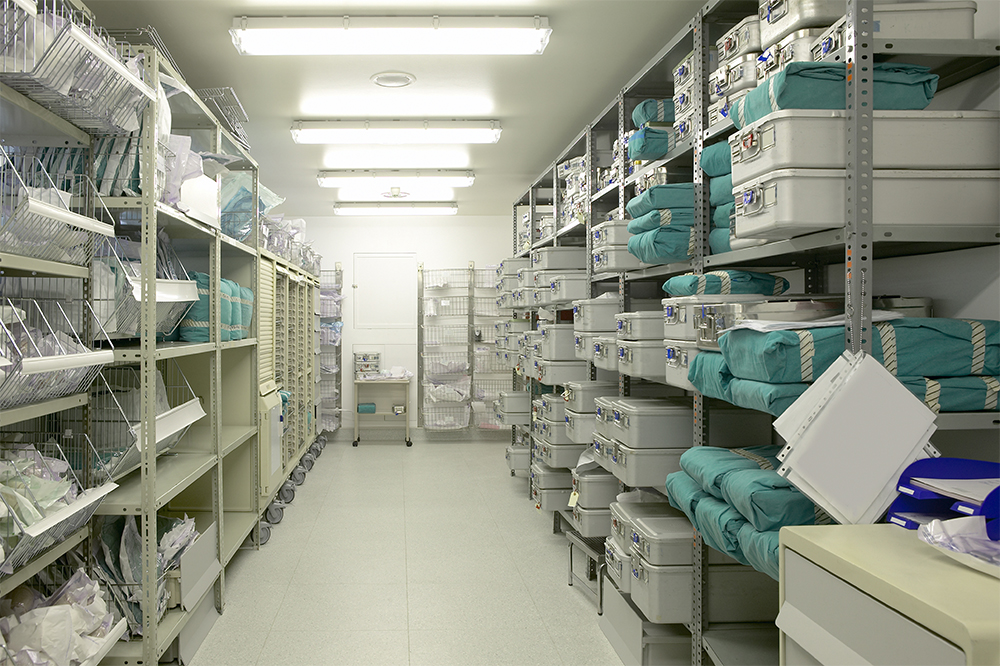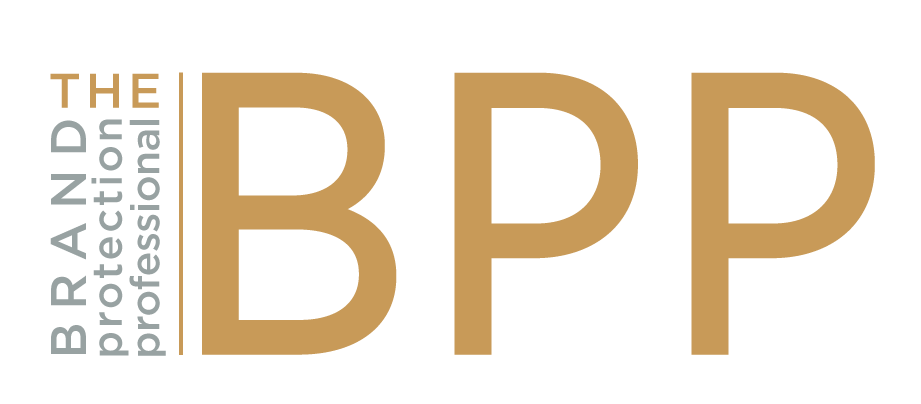
Roy Albiani
Director, Global Brand Protection, Medical Devices, Johnson & Johnson
The threat of illicit trade, specifically counterfeit, diversion and tampering, is persistent and growing across all markets. What was once perceived to be an issue primarily impacting Asia Pacific, counterfeits are now a global issue, effecting all regions around the world and posing an emerging threat to supply chains within the United States.
Counterfeit health care products are one of the most frequently seized commodities by U.S. Customs and Border Protection (CBP, 2019). Counterfeiting of medical devices is on the rise and a menace to patient safety with the potential to cause serious injury or death.
At Johnson & Johnson, we have a dedicated Global Brand Protection (GBP) program whose mandate it is to safeguard patients, consumers, our business and brand equity against the risks posed by illicit trade.
The recent counterfeiting of a medical device called SURGICEL® Topical Absorbable Hemostat is one such example. SURGICEL® is a sterile oxidized regenerated cellulose device used to control bleeding in surgical procedures.
SURGICEL® products have been sold by Ethicon, a subsidiary of Johnson & Johnson, for more than sixty years and used in more than 150 million surgical procedures worldwide. Well known by surgeons, SURGICEL® has tremendous brand equity and associated goodwill. Unfortunately, these positive attributes also make it a primary target for counterfeiters.

A neurosurgeon conducting a craniotomy noticed a problem with what he thought was SURGICEL® as he was about to introduce it into a patient’s brain. Specifically, the product was not folded up properly in the pouch and it kept “rolling up” after being cut into shape. The concerned surgical team notified Ethicon and the suspect product was reported as a complaint to the quality department for urgent escalation.
A sample of the suspect SURGICEL® was obtained from the hospital through our quality team and tested by our scientists. The product was found not only to be counterfeit, but also non-sterile and bacterially contaminated.
As it is frequently used during surgical procedures, counterfeit SURGICEL® could result in great harm to patients as it does not effectively control bleeding, absorb properly and could remain in the body as a foreign object, leading to serious complications or even patient death.
Given the threat to patient safety, we immediately formed a broad global product security investigation and enforcement team, which quickly sprang into action. The enterprise-wide team led by GBP also included representation from key functional areas including: global security (GS), marketing, legal, quality, R&D, packaging, intelligence partners and outside counsel. In addition, our extended team included corporate communications along with the regional EMEA (Europe, Middle East and Africa) and ASPAC (Asia Pacific) GBP and GS leads.
In this case, our counterfeit mitigation strategy had two goals: first, to quickly safeguard patients and secondly, to destroy and dismantle the global illicit supply.
The source of the counterfeit received by the hospital was identified to be a gray market wholesaler based in Florida. This entity was found to have sold hundreds of counterfeit SURGICEL® devices that ended up in the hospital’s operating rooms.
In parallel with the investigation, our GBP team executed a robust market intelligence campaign, which allowed us to acquire hundreds of counterfeits across many high value targets, thereby identifying additional counterfeit suppliers.
To mitigate the imminent danger to patients, we pursued a civil enforcement remedy, which allowed us to obtain a court order to immediately stop the distribution and sale of the counterfeit and expedited discovery. This action yielded extraordinary insight regarding the illicit supply chain.
Discovery revealed that the gray market wholesaler was supplied by another Florida based gray market source. This entity was then named as a co-defendant in the case and additional discovery unearthed that they in turn had bought from an illicit trader in Dubai. We were then led to an individual counterfeiting SURGICEL® who was also the proprietor of an illicit device supplier in Delhi, India. Incredibly, this entity had also been implicated in selling counterfeit contaminated mesh in the U.S. in 2009 but continued to engage in illicit trade.
Once it was revealed that the king pin had been identified, we initiated civil enforcement proceedings in India where our objectives were the same as the U.S. Our product seizure at the target’s Delhi apartment uncovered thousands of counterfeit SURGICEL® packages being filled on a filthy floor with non-sterile gauze-like material. Ironically, during the seizure, another counterfeit product was delivered to the India source.
In concert with our civil enforcement activities, we collaborated with law enforcement in various jurisdictions throughout the U.S., India, China and Pakistan; the goal in each was criminal prosecution. These activities have been important as part of our collaboration with law enforcement as the discovery process helped to produce a persuasive case for prosecution.

In addition, we also communicated with health care customers to make them aware of the counterfeits and reminders on how to safeguard their supply chain by purchasing medical devices from sources authorized by Ethicon and not gray market sources.
What began in an operating room at one hospital in the United States was revealed to be a global issue affecting at least nine countries. During our discovery, we learned that more than 250,000 units of contaminated, counterfeit SURGICEL® and other counterfeit Ethicon medical devices originated from and were sold by the India source.
Our collaborative global product security, investigation and civil enforcement actions resulted in the identification and dismantling of a dangerous international counterfeiting scheme in less than 6 months. The investigation also prevented the continuation of the sale and distribution of hundreds of thousands of units of contaminated counterfeit SURGICEL® into health care facilities, which may have saved many patients from great harm or death. We also continue to partner closely with law enforcement to pursue criminal charges in various countries around the world.
Intelligence gleaned from our expedited discovery also enabled us to identify other illicit traders who were selling counterfeits, including a major global gray market wholesaler based in Illinois. This led to a $25M illicit medical devices civil enforcement seizure; the largest of its kind in the world.
In addition to our enforcement actions to disrupt the counterfeit supply chain, we also deployed a proactive end-to-end anti-counterfeiting program to help minimize future impact to patients and protect the goodwill of our brands.
Elements of this program include: introduction of product security features to help quickly identify counterfeits, market monitoring to identify risks across the globe and illicit trade analytics to measure risk and business impact.
In summary, we were successful with swiftly achieving our goals to safeguard patients with urgency, and dismantling a global counterfeit illicit supply chain.
The primary catalyst, which initiated our product security investigation and enforcement team came when an alert neurosurgeon identified the counterfeit, which was reported to our Quality organization, and escalated to our GBP team. Our success, however, was highly dependent on the excellent business leader sponsorship, support and investment, along with the deployment of a global cross-functional team with skilled external partners. Tactics that help drive results included civil enforcement to rapidly seize evidence, stop distribution and freeze assets, collaboration with regulatory agencies and law enforcement to pursue criminal penalties, and global market intelligence collection. A regular cadence of communication both internally to share results and externally to create awareness with customers about what they can do to safeguard their supply chains from counterfeit, is also vital to success.
THE BRAND PROTECTION PROFESSIONAL |MARCH 2021 | VOLUME 6 NUMBER 1
2021 COPYRIGHT MICHIGAN STATE UNIVERSITY BOARD OF TRUSTEES
